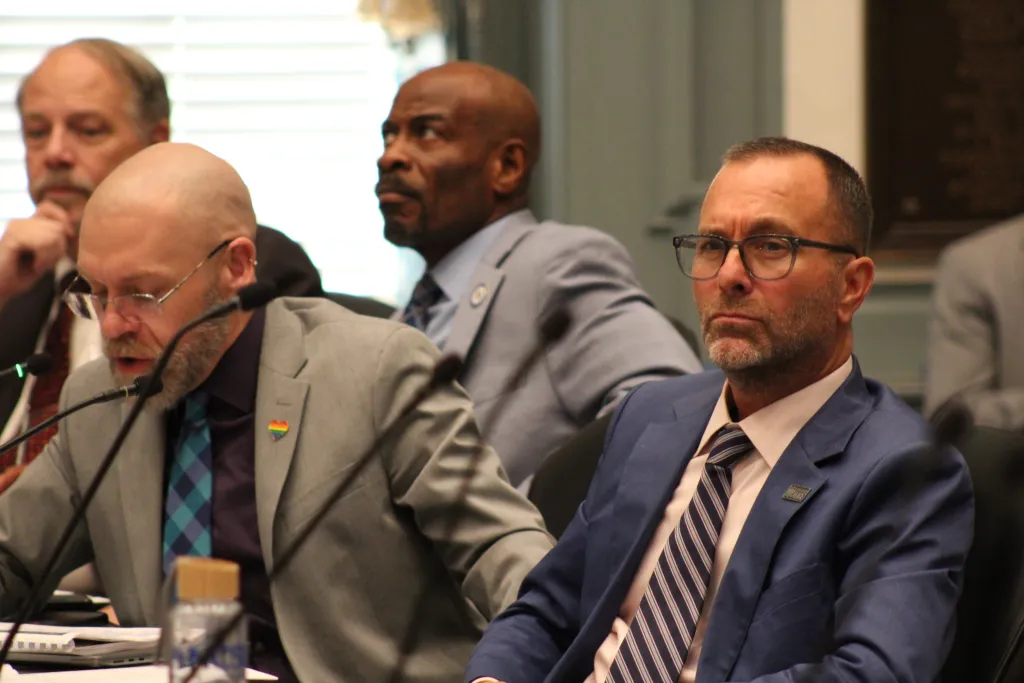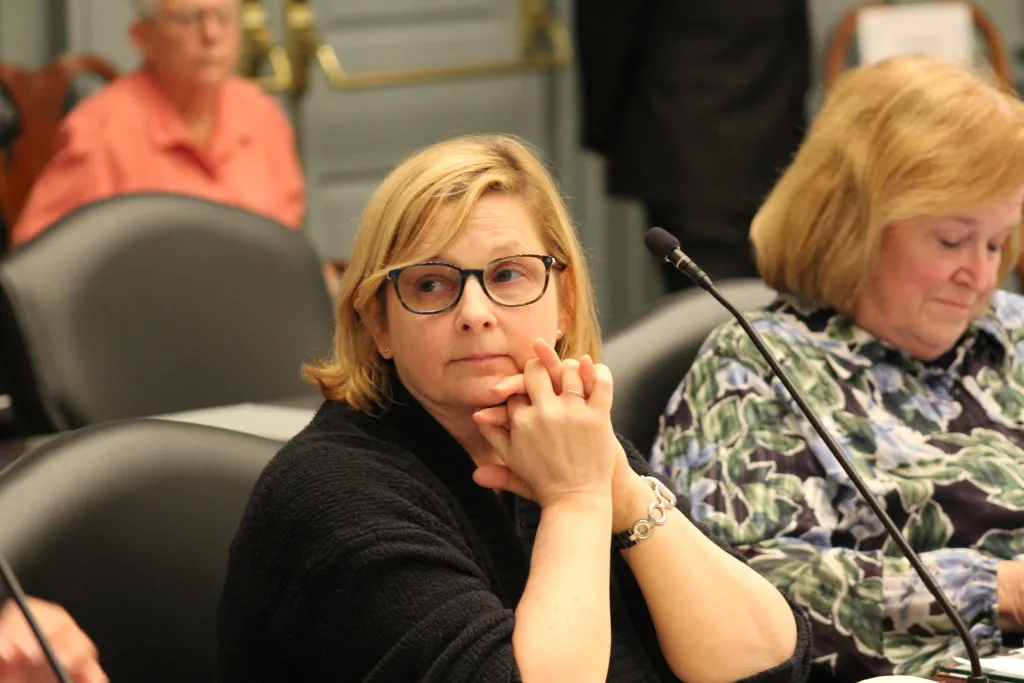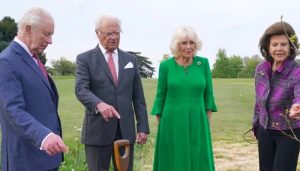
Why Should Delaware Care?
A group of lawmakers convened for a second time on Tuesday to investigate the impacts of Delaware’s first statewide property reassessment in nearly 40 years. What comes next for the legislative committee is somewhat unclear, as a Chancery Court lawsuit threatens to throw New Castle County’s property taxes into further turmoil.
State lawmakers heard testimony Tuesday from Kent and Sussex County leaders, describing a much smoother reassessment process than what many New Castle County residents experienced.
Legislators also heard from two property tax think tanks about assessment best practices that can be used to provide property tax relief to residents going forward.
Tuesday’s hearing, the second of four scheduled to investigate the impacts of Delaware’s first statewide property reassessment in nearly 40 years, left some lawmakers with more questions than answers for Tyler Technologies, the contracted assessor for each of the state’s three counties.
Lawmakers were also left mulling what exactly the next steps in this process should look like, as they await a decision later this month from a Chancery Court judge that could overturn New Castle County school districts’ recently granted ability to split their tax rates between residential and commercial properties.
Tyler taking advantage?
While leaders from Kent and Sussex County testified to a largely smooth reassessment process, some of the revelations they made about working with Tyler Technologies raised concerns for State Sen. Dan Cruce (D-Wilmington).

Aside from contracting with Tyler to conduct the recent reassessments, Kent and Sussex County representatives said each county also uses computer software made by Tyler to house assessment data.
Sussex County Finance Director Gina Jennings said that in a preliminary conversation with Tyler, she was quoted around $15 million to conduct the county’s next reassessment in five years – about 50% more than what it cost this time.
When pieced together, the reliance on Tyler Technologies should warrant further scrutiny, Cruce said.
“It just starts to paint a story of a big business coming into our state and not performing and potentially taking advantage of us,” he told Spotlight Delaware. “We should pay attention to the details, not only about Tyler’s performance, but also about Tyler’s business model.”
Communication was key, missing in New Castle
Kent and Sussex County leaders testified that communication, both with residents and one another, was key to their respective reassessment success. Lawmakers also honed in on those comments, using them to shine a light on New Castle County’s communication shortfalls.
Rep. Cyndie Romer (D-Newark) questioned whether representatives from New Castle County ever reached out to their counterparts in Kent or Sussex with questions about the reassessment process.
Kent County Assessment Director Cheryl Bundek said when New Castle reached out asking about the formal appeals process, she sent over the requested information and never heard back.

Jennings said she did not have many conversations with New Castle leaders, but that they were not responsive when she did make contact.
Senate Minority Whip Brian Pettyjohn (R-Georgetown) noted that farmers in Sussex County seemed largely happy with the outcome of the reassessment. Jennings attributed that happiness to the communication efforts the county put forth to help agricultural property owners understand how they could limit their tax bills by preserving their farmland.
“It just takes that little bit of communication,” Jennings said.
What comes next?
The committee’s co-chair, Senate Majority Leader Bryan Townsend (D-Newark), said attempting to balance accountability and action remains a key part of the group’s mission.
He identified three key things for the committee to address. The first is structuring the next meeting around the upcoming Chancery Court decision, which he said could have “tremendous effects” on what legislators do next.
The second item, Townsend said, is addressing “glaringly problematic properties,” like the Amazon facility in New Castle County that was valued by Tyler at $108 million, but sold for more than three times that amount only a year prior.
The final item for the committee to work on is addressing ways to make both the property assessment process and tax policy more fair for Delawareans, Townsend said.
The committee is scheduled to meet next on Oct. 21, the day after arguments are set to be heard in the New Castle lawsuit. That next committee meeting is subject to change, lawmakers said Tuesday.





